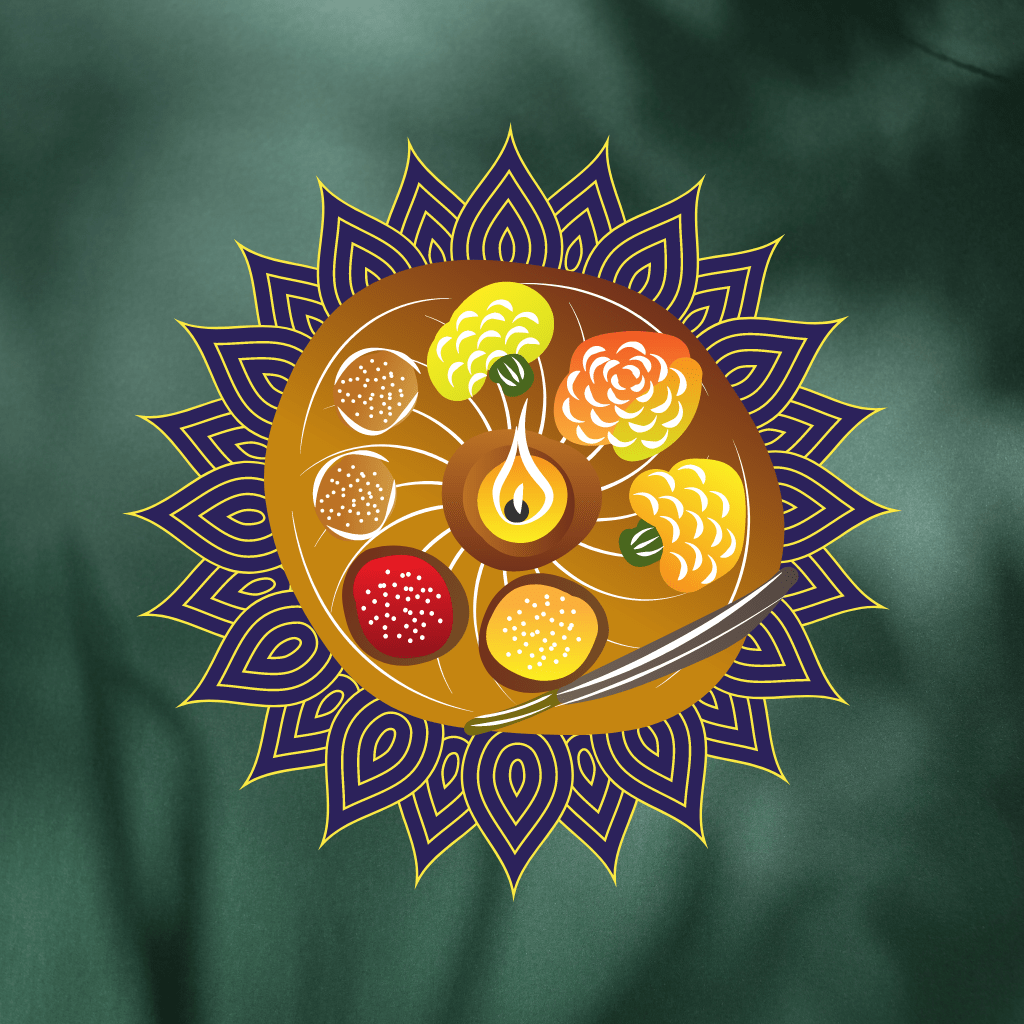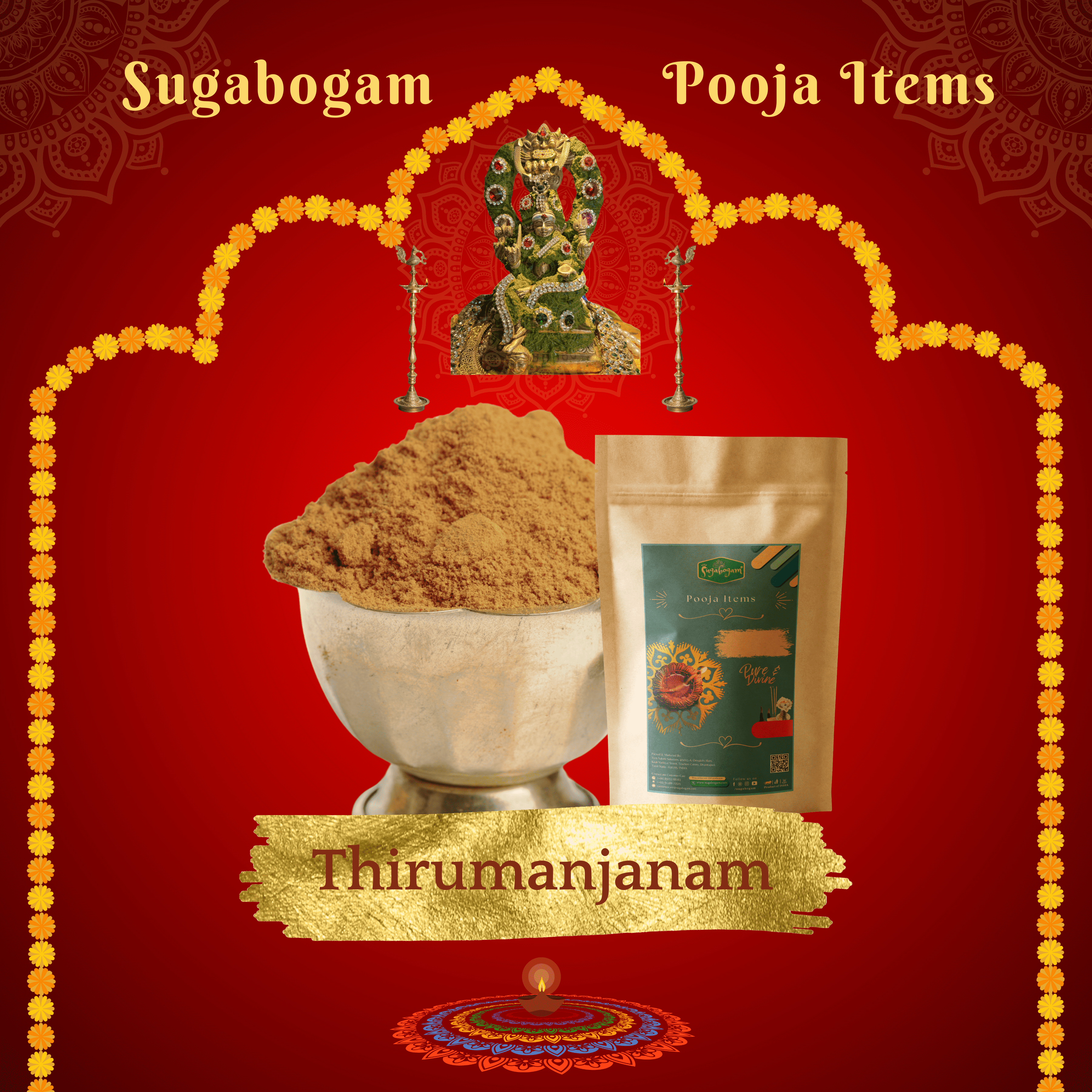-31%
Thirumanjanam involves the ritualistic pouring or sprinkling of auspicious liquids over the deity’s idol. The substances used can include milk, yogurt, honey, ghee, coconut water, and rose water, among others. The process is conducted with great reverence and is often accompanied by the chanting of mantras and hymns. This ritual is typically performed by priests in temples or during significant religious ceremonies and festivals.
Benefits:
Spiritual Purification: The ritual is believed to purify the deity and the devotees, symbolizing the cleansing of impurities and the renewal of spiritual energy.
Divine Blessings: It is thought to invoke the deity’s blessings, bringing prosperity, health, and well-being to devotees.
Auspiciousness: Enhances the sacred atmosphere of the worship space and reinforces the connection between the divine and the worshippers.
Uses:
Religious Ceremonies: Conducted in temples during major festivals and special occasions to honor and sanctify the deity’s idol.
Devotional Practices: Performed by devotees at home or in temples as part of daily or periodic worship to show reverence and devotion.
Festivals: Integral to festivals such as Navaratri, Vaikunta Ekadasi, and Sankranti, where it is used to celebrate and venerate the divine.
Thirumanjanam is a deeply revered ritual that signifies spiritual purification, devotion, and the celebration of divine presence, making it a central element of many Hindu religious practices.










Reviews
Clear filtersThere are no reviews yet.